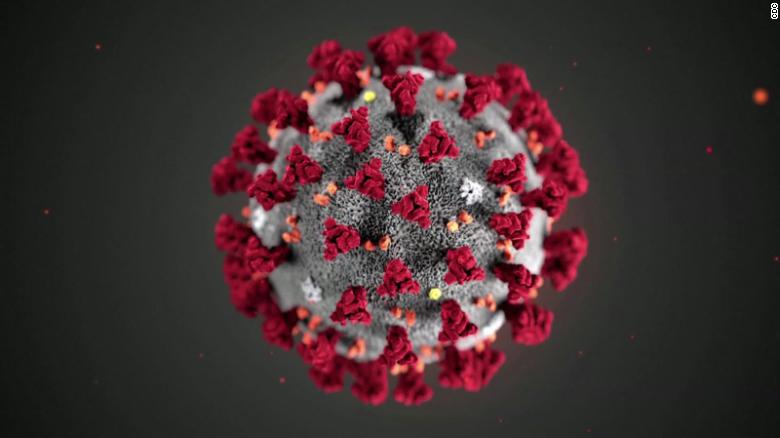
(CNN) – Russia’s invasion of Ukraine is causing a devastating humanitarian crisis in the country, with at least two million people fleeing into neighboring countries and the World Health Organization (WHO) warning that the deteriorating conditions will make it easier for Covid-19 to spread.
“Anytime you disrupt society like this and put literally millions of people on the move, then infectious diseases will exploit that,” Dr. Mike Ryan, director of WHO’s Health Emergencies Program, said last week. “People are packed together, they’re stressed, and they’re not eating, they’re not sleeping properly. They’re highly susceptible to the impacts… And it’s much more likely that disease will spread.”
Amid the fighting, WHO officials have noted the “remarkable” continuance of reporting of Covid-19 cases and deaths, but “are also seeing severe strain being placed on those systems,” Dr. Catherine Smallwood, WHO’s senior emergency officer, said at a Tuesday press conference. Ukraine reported 40,265 new cases and 758 deaths last week, a sharp drop from the figures the week before of 111,224 cases and 1,363 deaths, according to WHO data. The country has one of the lowest inoculation rates in the region, with 34 out of 100 people having received two doses of a coronavirus vaccine, the WHO data shows.
Russian strikes are increasingly targeting urban areas and Covid-19, understandably, is not a priority as civilians try to keep themselves and their families safe. “People are not seeking care because they’re afraid of the security situation; health care workers are not able to reach their places of work, because they’re concerned about their own security and (are) taking incredible risks,” Smallwood added.
Attacks on health care services, including hospitals and other facilities, have been intensifying since the start of the invasion, with 16 confirmed reports and more currently being verified, Hans Kluge, WHO’S regional director for Europe, said Tuesday. The country is also suffering from a critical oxygen shortage, exacerbated by the closure of at least three major oxygen plants. WHO has sent 500 oxygen concentrators to Ukraine, but Kluge warned that Covid-related deaths “will increase as oxygen shortages continue,” with older people “disproportionately affected as their access to health care is disrupted.”
As refugees move into neighboring countries, public health officials are imploring those nations to serve the complex health needs of fleeing Ukrainians, which range from mental health services to protection from infectious diseases like Covid-19. The health ministries of those neighboring countries “reassured me there is no shortage of Covid-19 vaccines,” Kluge said.
Overall, Kluge said, Covid-19 cases are declining in Europe, but the war is changing the picture. “It is my deepest sorrow to see my region emerging from two terrible pandemic years being now confronted with the devastating impact of military hostilities on dozens of millions of its people in Ukraine and beyond,” he added.




